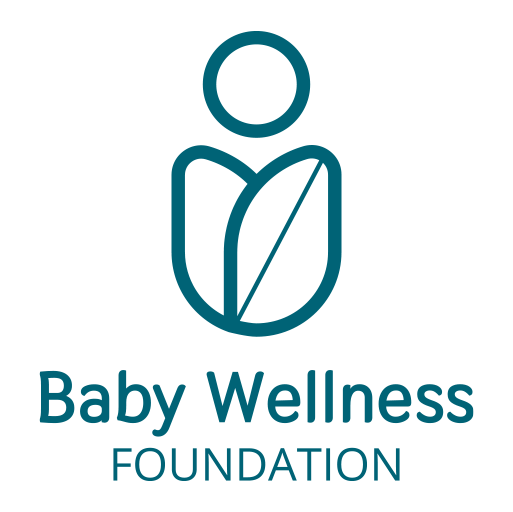Il suo benessere inizia molto prima della nascita
Chapter 8 – Work and Leave
Pregnancy is not an illness, so it is not incompatible with work activity, provided that the work is not dangerous to the health of the woman and the unborn child and that the pregnancy progresses without complications or pathologies that require rest. In the last months before childbirth, physical fatigue throughout the day tends to increase and the expectant mother begins to feel the need to prepare for and focus on the upcoming birth and the changes it will bring.
For this reason, today in Italy, the law (23) provides for a mandatory maternity leave of 5 months and the possibility for the worker to choose how to use it: either to rest two months before birth and three months after, or one month before and four after, in order to have more time dedicated exclusively to the newborn. Recently, further options have been introduced, for example, it is possible to work until the birth and preserve the full 5 months of leave for after the baby is born.

It is a completely personal choice that each expectant mother must freely make, by listening to her own emotions and needs —without fear of being judged or of changing her mind. Even if there is a desire to save as much time as possible for the postpartum period, for example, it is possible that changes or needs arise requiring a different plan. And for the wellbeing of both mother and baby, these needs absolutely must be respected.
Whatever the choice, the pregnancy and the maternity leave request must be communicated by the seventh month of pregnancy to the employer and to the INPS (Italian National Institute of Social Security) or to the relevant social security institution. The pregnancy must be certified by a doctor from the national health service who, in the case where the expectant mother chooses to work until the end of the eighth or ninth month, must certify that there are no risks to the health of the woman or the unborn child.
If the work activity of the expectant mother is incompatible with pregnancy, the employer is required to transfer her to a different position; if this is not possible, either the employer or the worker may submit a request to the Territorial Labor Inspectorate, which is responsible for issuing the order for early leave from work. If, instead, it is the health condition of the woman that prevents her from working due to complications or risks related to the pregnancy, it is up to her to request early leave from work through the local health authority (ASL), by presenting medical documentation attesting to the situation.
Subscribe to the newsletter
Be the first to receive the latest news from the Baby Wellness Foundation!
(23) “Testo unico delle disposizioni legislative in materia di tutela e sostegno della maternità e della paternità a norma dell’art.15 della legge 8/3/2000, n.53”, Legislative Decree 151/2001
Leggi le opinioni di...
Leggi le opinioni su questo articolo da parte di fonti autorevoli in campo scientifico o di aziende specializzate.

No comment yet, add your voice below!